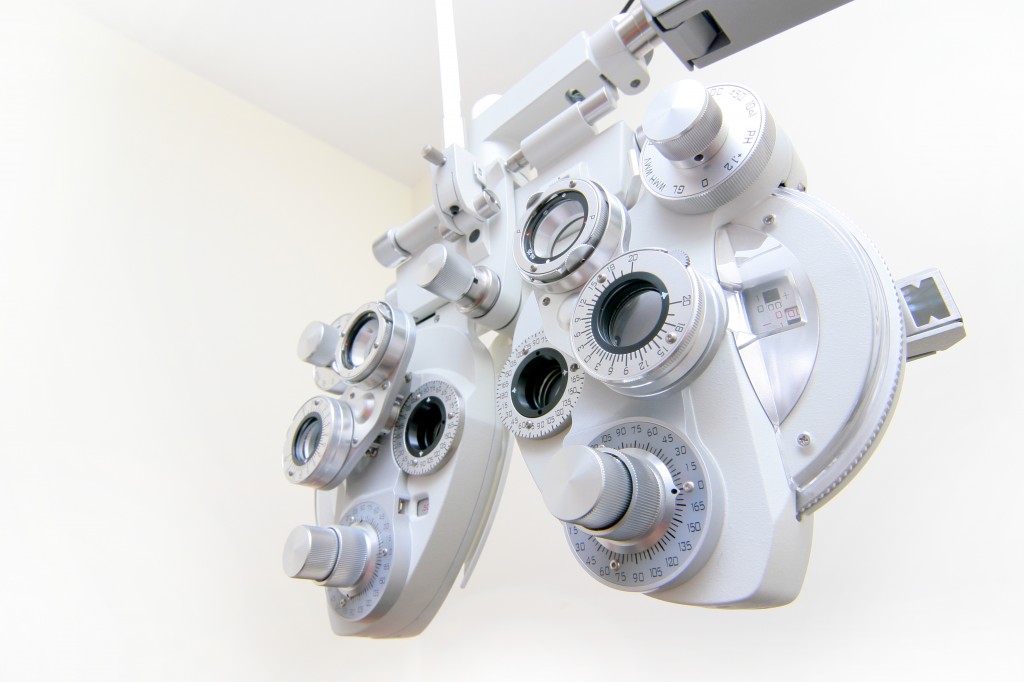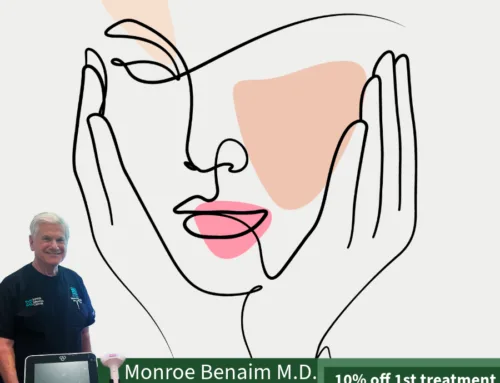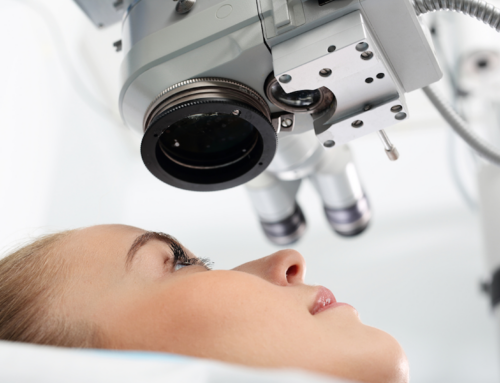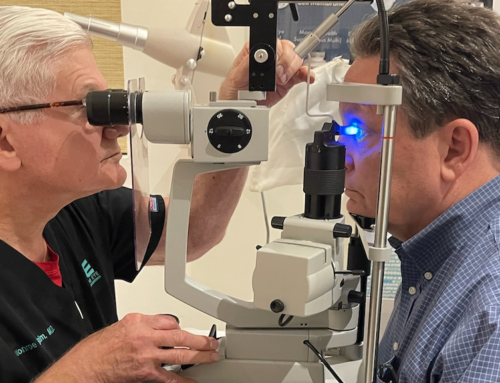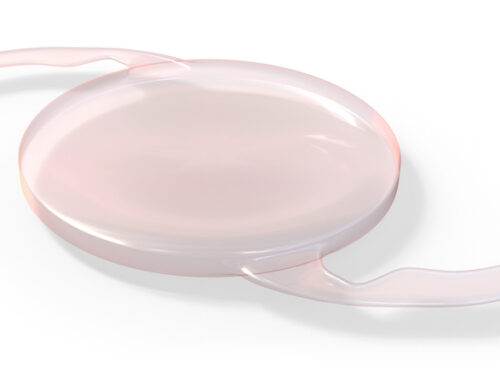Regular eye exams, performed by a qualified professional, are an essential part of your eye care routine. A thoroughly designed eye examination consists of various standard tests that are designed with the intention of measuring the patient’s vision performance. The exams are not painful or uncomfortable and take up less time than an hour. Eye exams come highly recommended for everyone at any age group. It is very important that infants have their eyes checked regularly while adolescents and adults should also schedule them as required.
The tests performed in general eye exams are capable of diagnosing various eye conditions. Some of these conditions can become serious if they are not identified and treated as early on as possible. For instance, crossed eyes, lazy eye and congenital cataracts can be easily identified with a general eye exam and treated at its earliest stages to prevent further vision damage. Even though you may not notice the symptoms, the exams may identify the conditions so that treatment can begin immediately.
Some of the most common tests performed in general eye exams include a basic questioning session where the doctor will try to map out the patient’s history and an external examination where the doctor examines the parts of the eye that are visible from the outside. An inspection of the pupils will also be performed to see if they are in regular shape, equal size and reacting properly to light and focusing at different distances. Eye muscle health and mobility, visual field, color vision and visual acuity tests are also performed. Visual acuity is commonly measured with the Snellen chart. Refraction tests are also important for those who are using methods of vision correction. Another common test, known as an ophthalmoscopy, is performed with the aid of an ophthalmoscope or a slit lamp. This particular test is exceptionally useful to diagnose various conditions with the retina, retinal displacement as well as to check for glaucoma or diabetes related conditions. This test can also identify cataracts. Tonometry is used to test the intraocular pressure, which may help identify glaucoma.
We, at Benaim Eye take pride in our highly skilled and exceptionally experienced team of top tier professionals. We do offer general comprehensive eye exams to help you identify any eye problems that you may have at the earliest possible stages.
 New Address:
New Address:
